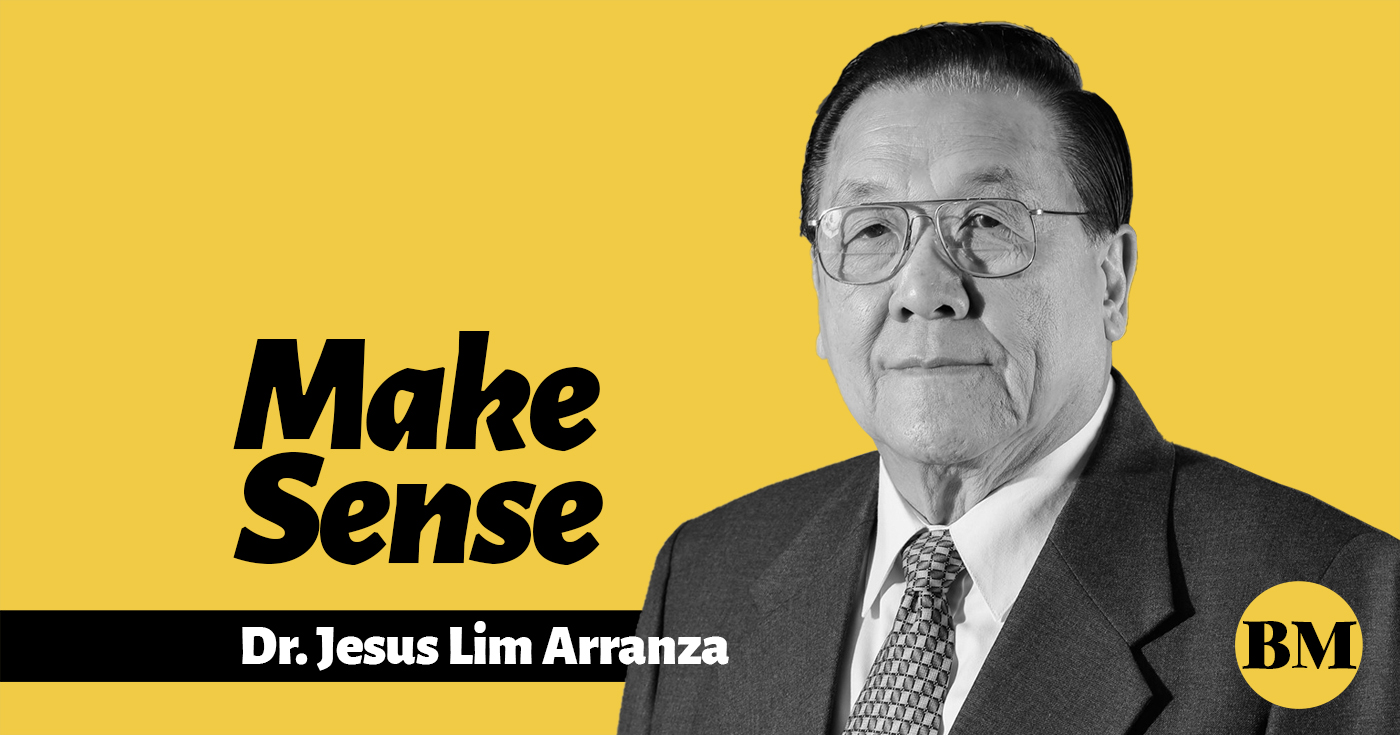
When these democratic concepts, norms and practices become an inextricable part of how we live, we will have a society that will always take the path that leads to freedom and equality. Faced with a situation where there is a choice between a course of action based on consensus, and one that amounts to the imposition of someone’s iron will, a truly democratic person—one for whom adherence to the precepts of democracy isn’t just lip service—will always choose consensus even when it’s a tougher road. And faced with the use of power in an authoritarian manner, individuals with democracy in their DNA will always resist though it endangers them.
I had hoped that we would not be tested. But, increasingly, it’s beginning to look like we might soon have to be.
Quite independently of anyone’s views on the current crop of elected officials, the inescapable truth is that we are quickly coming up on an opportunity to elect new public servants. The fact, however, that some elected officials have already started floating the idea of scuttling the coming polls, makes my blood run cold.
There was a time when elections scheduled by the Constitution were reliable enough to set your clocks by. We knew as an article of faith that we would elect a president and vice president every six years; 12 senators and all other government officials, every three. But given recent developments, we’re just not sure anymore. There has been an unquestionable erosion of the soil beneath our feet; never deeply rooted anyway, our democracy is in very real danger now of finally being uprooted.
The reasons being given for this turn of events are not new. “Elections are expensive,” they say—echoing the propaganda machine’s line, back in the early-1970s. “People are tired of elections,” they proclaim, “The people want to empower us to bring stability and prosperity to them.” None of these assertions are new, just as none of them are believable.
People are tired of elections? People want incumbent officials to rule indefinitely?
In the last barangay and Sangguniang Kabataan polls, close to 80 percent of all registered voters turned out to vote. Of that number, almost a third were voters aged 18 to 30 years old. Overseas registration is steadily climbing. By the time the overseas registration period ends on the 30th of September 2018, I would not be surprised to find close to 2 million registered overseas voters. And we are anticipating a resumption of domestic voter registration by July, or even earlier. It won’t be for a long time—possibly a month at most—but it is a sure bet that millions will come to sign up. As it is, there are already approximately 57 million voters in the books. In 2019 I expect that number to rise by about 1.5 million.
Elections are expensive? Yes, they are. But calculate the costs of a stalled democracy. If democratic leadership is compromised, incompetence, malfeasance and corruption will inevitably follow. The cost then will not be counted in the tens of billions that it costs to hold modern elections, but in the hundreds of billions that will be tolled from the inefficiency that corruption brings, the loss of competitiveness, the stagnation of the economy, the evaporation of confidence—both locally and internationally—in the viability of the country.
At this crucial moment in our country’s history—in the life of our democracy—it behooves us all to see to its health. We, in the Comelec, will do our part to ensure that the electoral system is accurate, reliable and ready for use by May 2019; and part of that commitment is ensuring that the public’s questions are answered, that transparency is not sacrificed and that the lines of accountability are clear at all times.
But the Comelec, ultimately, is a servant of the law; and the law is the province of the people’s elected representatives. If those very representatives are the ones dismantling the democratic mechanisms that gave them public office, then clearly, the solution rests squarely in the hands of the people that put them there.
Here’s hoping that we are all able to prove our mettle.




























